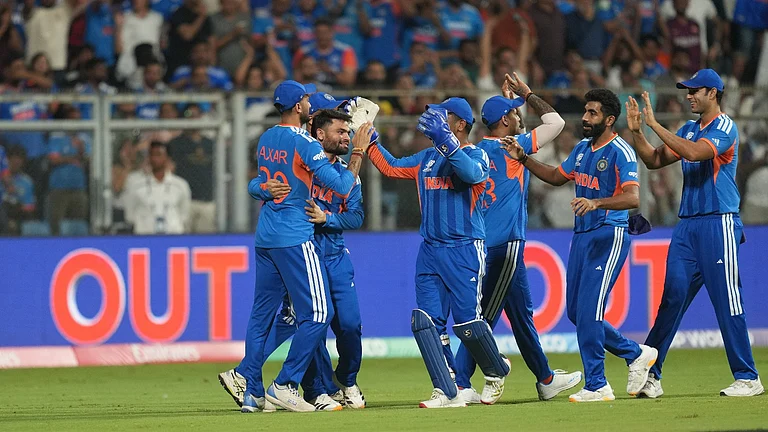The protection that has been offered by vaccination has been touted as the major factor in reducing the damage caused by the third wave of Covid-19 infections. Several vaccine candidates have conferred a high degree of protection, which has reduced the number of symptomatic infections by over 95 per cent in clinical trials.
Researchers at the Indian Institute of Science (IISc) and Queensland Brain Institute (QBI) in Australia have now addressed this question by developing a mathematical model that predicts how antibodies generated by Covid-19 vaccines confer protection that’s against symptomatic infections. The study was published in Nature computional science The model can potentially optimise the use of available vaccines and speed up the development of new ones.
Researchers in Australia have developed a mathematical model that predicts how antibodies generated by Covid-19 vaccines confer protection against symptomatic infections.
The researchers at first analysed over 80 different neutralising antibodies reported being generated after vaccination against the surface spike protein of SARS-CoV-2, the virus which causes Covid-19. These antibodies are typically present in the blood for months and prevent virus entry by blocking the spike protein. The researchers hypothesised that these 80 antibodies constitute a ‘landscape’ or ‘shape space’, and each individual produces a unique ‘profile’ of antibodies which is a small, random subset of this landscape.
The team then developed a mathematical model to simulate infections in a virtual patient population of about 3,500 people with different antibody profiles, to predict how many of them would be protected from symptomatic infection following the vaccination. Pranesh Padmanabhan, Research Fellow at QBI, the first author of the study adds - “This diversity of antibody responses was a challenge to comprehend and quantify"
The model was able to predict the level of protection that would be conferred after vaccination based on the antibody profile of the individual. The researchers also observed that vaccine efficacy was linked to a readily measurable metric called antibody neutralisation titre. This opens up the possibility of using such models to test future vaccines for their efficacies before elaborate clinical trials are launched, the authors suggest.
Professor Narendra Dixit, Professor at the Department of Chemical Engineering, IISc, and the senior author of the study that has been published in Nature Computational Science has however, said cautions that the study is based on current vaccines which have been designed to work on the original SARS-CoV-2 strain. “Our formalism is yet to be applied to the new variants, including Omicron, where other arms of the immune system and not just antibodies appear to be contributing to vaccine efficacies. Studies are underway to address this," Dixit said.






















